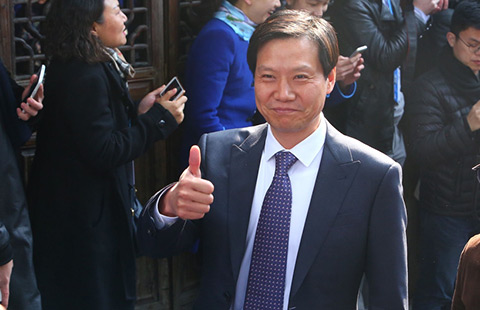Government-private partnerships on the rise
By Zhong Nan (chinadaily.com.cn) Updated: 2015-12-18 17:25Local governments throughout China plan to invest 8.7 trillion yuan ($1.34 trillion) after recommending a total of 6,650 projects to develop transportation, environmental protection, public service and infrastructure through public-private partnership (PPP) model.
The PPP model is where a government service or private business venture is funded and operated through a partnership of government and one or more companies from private sector.
Vice-Minister of Finance, Shi Yaobin, said as China is moving up the value chain amid the "new normal" of slower growth of better quality, one of the reforms the central government has adopted is to encourage the practice of the PPP model.
Eager to enhance the country's earning ability; the Chinese government has encouraged more private companies to venture into telecommunications, energy and transportation infrastructure projects through the PPP model.
The country will set up a 180 billion yuan of financing support fund to resolve financing difficulties for the practice of the public-private partnership model carried out by a large number of companies as part of its reform to put the country economic growth on a firmer footing.
He Jingtong, a professor of urban development at Nankai University in Tianjin, said major cities such as Beijing, Shanghai, and Guangzhou have early bird advantage over others in terms of public-private partnerships.
"Forming ventures can help the government reduce spending on public transport services, optimize work efficiency, and bring more international experiences and conveniences to their residents," said He.
- China Vanke's chairman concerned over shareholder's leveraged buying
- Wuzhen to install a smarter Internet-enabled 'brain'
- EBRD secretary general looking forward to fruitful collaboration with China
- Highlights at the Light of the Internet Expo
- US and China Internet giants launch Council of Digital Economy Cooperation
- Candid advice from seasoned executive
- Museum puts little-known artist in spotlight
- Ancient town gets smart makeover
















